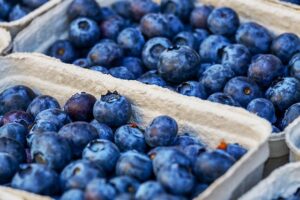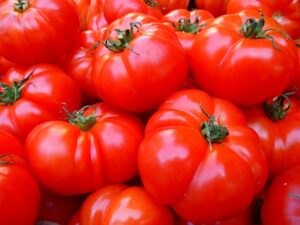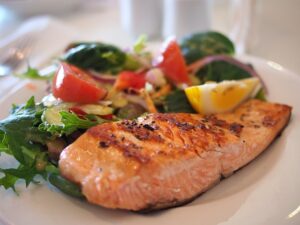Introduction
Craving protein is a common phenomenon experienced by many individuals. Whether it’s a sudden desire for a juicy steak or a craving for a protein-packed snack, our bodies often send signals indicating a need for this essential macronutrient. In this article, we will explore the reasons behind why we crave protein and the potential implications it may have on our overall health.
Protein and its Importance
Protein is a crucial component of a healthy diet as it plays a vital role in various bodily functions. It is responsible for building and repairing tissues, producing enzymes and hormones, and supporting a strong immune system. Additionally, protein is essential for muscle growth and maintenance, making it particularly important for individuals who engage in regular exercise or physical activity.
Insufficient Protein Intake
One of the primary reasons why individuals may experience cravings for protein is due to an insufficient intake of this macronutrient. When our bodies do not receive an adequate amount of protein, it can trigger hunger signals as a way to encourage us to consume more protein-rich foods. This is especially true for individuals following restrictive diets, such as vegetarian or vegan diets, where plant-based protein sources may be limited.
Dietary Imbalances
Another factor that can contribute to protein cravings is dietary imbalances. If our meals are heavily skewed towards carbohydrates or fats while lacking sufficient protein, our bodies may crave protein to restore balance. Protein helps to stabilize blood sugar levels, promote satiety, and prevent sudden spikes and crashes in energy levels. Therefore, a lack of protein in our diet can lead to cravings as our bodies seek to rectify this imbalance.
Physical Activity and Muscle Repair
Engaging in regular physical activity, particularly intense workouts or strength training, can increase our body’s protein requirements. During exercise, muscle tissues undergo micro-tears that need to be repaired and rebuilt. Protein is essential for this process, and when our bodies are in need of repair, cravings for protein-rich foods may arise. These cravings serve as a way for our bodies to replenish the necessary nutrients for muscle recovery and growth.
Hormonal Factors
Hormonal factors can also influence our cravings for protein. For example, fluctuations in hormones such as insulin, leptin, and ghrelin can impact our appetite and satiety signals. Protein has been shown to have a greater impact on satiety compared to carbohydrates or fats, leading to reduced hunger and cravings. Therefore, when these hormonal signals are imbalanced, our bodies may crave protein to help regulate appetite and promote feelings of fullness.
Conclusion
Cravings for protein can stem from various factors, including insufficient protein intake, dietary imbalances, physical activity, and hormonal influences. Understanding these reasons can help us make informed choices about our diet and ensure we meet our body’s protein needs. It is important to listen to our bodies and provide the necessary nutrients they require for optimal functioning and overall health.
References
– National Institutes of Health: https://www.nih.gov/
– Mayo Clinic: https://www.mayoclinic.org/
– Harvard T.H. Chan School of Public Health: https://www.hsph.harvard.edu/













